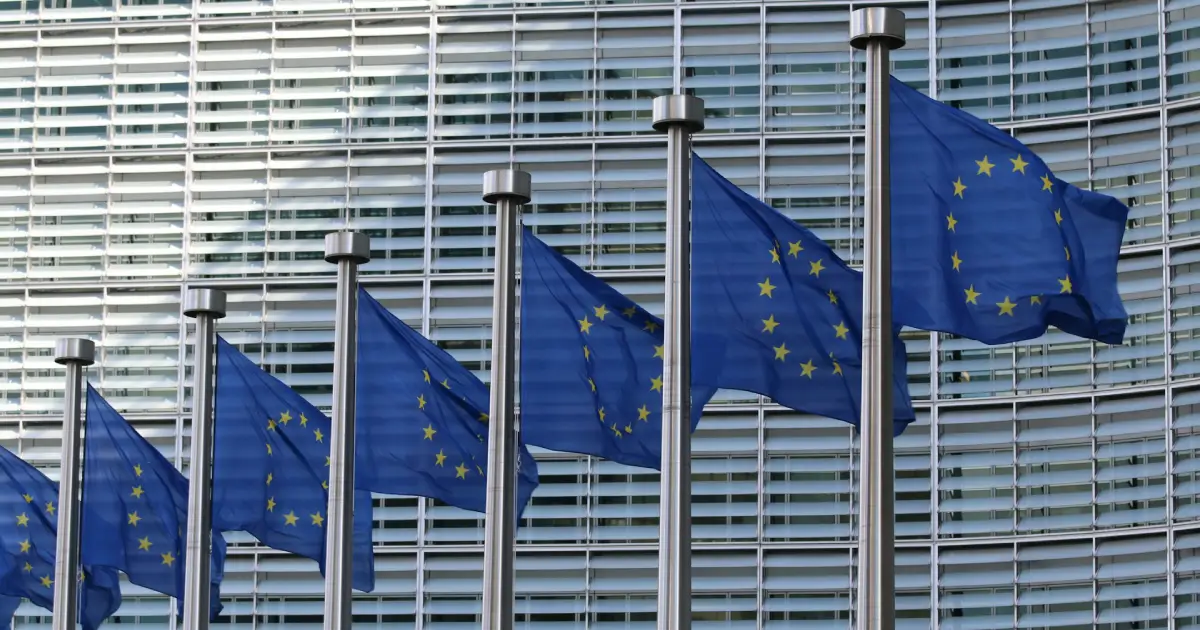Digital compliance in the EU: what’s at stake for gambling?
The European Union (EU) is redefining the rules of the game for online gambling operators. Between digital accessibility, algorithmic responsibility and transparency of digital services, the new European directives impose an in-depth overhaul of the industry’s digital practices. Although seemingly technical, these regulations actually carry a strong message: to protect consumers, guarantee inclusion and provide a framework for the use of emerging technologies such as artificial intelligence.
For companies in the sector, the challenge is twofold: to comply with increasingly stringent legal requirements while ensuring a fluid and competitive user experience. As the European Accessibility Act, the Digital Services Act and the regulation of AI converge towards the same goal – to make the digital world safer, fairer and more accessible – operators are having to rethink their compliance strategy, sometimes as a matter of urgency.
Compliance without borders
Online gambling operators thought they could get round certain European rules by setting up outside the EU. This strategy is no longer viable. Three major pieces of legislation – the Digital Services Act (DSA), the European Accessibility Act (EAA) and the Artificial Intelligence Act (AI Act) – are redefining Europe’s digital landscape and apply even to foreign companies when they target EU consumers.
Whether they are platforms operating from Malta, Gibraltar, Curaçao or the UK, if a single European player accesses their services, these companies will have to comply with a strict legal framework designed to ensure fair, accessible and responsible digital services.
This change is not simply legislative. It requires a large-scale strategic and technical overhaul. Operators need to audit their systems now, revise their business models and anticipate future standards, or risk being excluded from the European market.
DSA: transparency required of online gaming platforms
The Digital Services Act, which came into force at the beginning of 2024, imposes a raft of rules on digital services. This historic piece of legislation differentiates obligations according to the nature and size of the digital intermediary, but the message remains clear: transparency is no longer negotiable.
Gambling platforms offering community functions – live chat, forums, shared content – are directly concerned. They are required to moderate content, publish regular transparency reports, and clearly indicate advertising to their users.
A particular expectation rests on obligations regarding online advertising: platforms must allow users to identify who is paying for what, in real time. A code of conduct on advertising practices in the sector is expected in the coming months. The aim is to regulate targeting methods, which are often criticised in the gambling sector.
Regulation of artificial intelligence: an impact on gaming technologies
Adopted in 2024, the European Artificial Intelligence Act (AI Act) marks a world first in the regulation of algorithms. It mainly targets so-called ‘high-risk’ systems, but its scope is much broader.
In the gambling sector, it directly affects the technologies used to detect fraud, adapt promotional offers or identify problematic behaviour. Customer support chatbots, which are often automated using AI, are also affected.
The law imposes strict requirements in terms of transparency, traceability and human supervision. Companies must now be able to justify the decisions taken by their algorithms. This is a challenge, particularly for operators who have developed their own internal systems, or who are refining generic models for commercial use.
The rapid development of artificial intelligence also suggests that the rules will become stricter in the future. For innovative operators, this is a call to anticipate and secure their projects right from the design stage.
Digital accessibility: a new standard that cannot be ignored
From 28 June 2025, another transformation will come into force: the European Accessibility Act (EAA). This directive aims to make all digital services accessible to people with disabilities, whether visual, hearing, motor or cognitive.
For gambling operators, this concerns the entire user experience, excluding gameplay: websites, mobile applications, payment interfaces and customer support channels. These elements must meet rigorous accessibility criteria: they must be perceptible, understandable, usable and robust.
EU Member States have until 2025 to transpose this directive into their national legislation. However, the harmonised technical standards will not be finalised in time, leaving a temporary legal limbo. A five-year grace period is granted for existing service contracts, but new products will have to comply immediately.
Although the EAA is aimed primarily at consumer services, it is already having a knock-on effect on B2B relationships. Software suppliers and gaming platforms are being encouraged to offer compliant solutions to their operator customers. Accessibility is thus becoming a selection criterion in online gaming supply chains.
Towards a new culture of digital responsibility
More than just a pile of regulations, these texts reflect a clear ambition on the part of the European Commission: to restore the balance between technological innovation and the protection of citizens. The days of self-regulation are over. From now on, gambling platforms must prove that they comply with the EU’s fundamental principles: inclusion, security, ethics and transparency.
For reluctant or ill-prepared operators, the stakes are high: blocked access, tarnished reputation, loss of licences.
Conversely, those who adopt a proactive stance will be able to strengthen their position in a mature but highly competitive European market. By making their services more accessible, clearer and more respectful of personal data, they will improve both their legal compliance and their brand image.
A compulsory transition, a strategic opportunity
Online gambling operators must act now. Alignment with European standards is not an option but a condition of survival. This requires :
- A complete audit of their digital infrastructure.
- Adapting interfaces to accessibility standards.
- Transparency in advertising practices and conditions of use.
- Rigorous control and documentation of AI systems.
As Europe imposes its model of digital regulation, the question is no longer ‘if’ but ‘when’ each company will comply. In this race for compliance, the most agile will not only be in order: they will also be in the best position to prosper.


